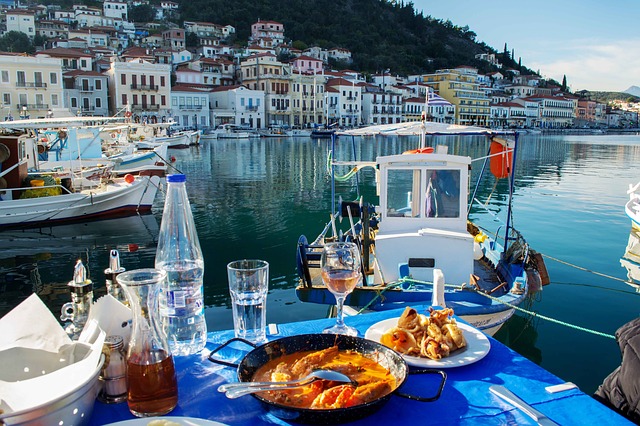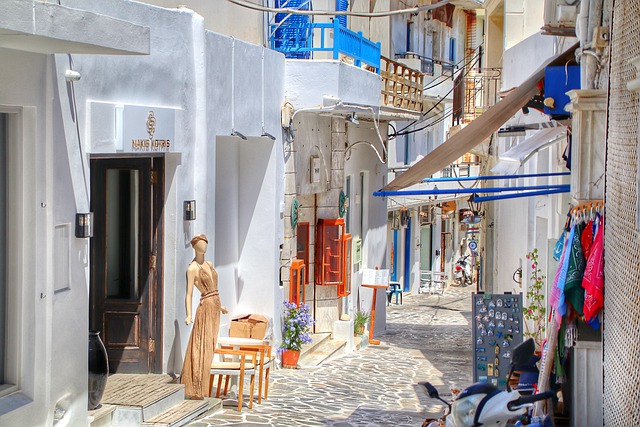Basic Survival Greek phrases Posted by Ourania on Jun 28, 2021 in Vocabulary
Γεια σας! Ελπίζω να απολαμβάνετε το καλοκαίρι! Some of you have the chance to visit Greece this summer and it’s a great opportunity to practice your Greek. In this post there are some basic survival Greek phrases that you can use in order to communicate more effectively with the locals. Remember that you do not have to apologize for making mistakes, just be brave and fearless! You can find more survival phrases here, here and here.
#1. I’m trying to learn Greek. Can you speak to me in Greek, please? Προσπαθώ να μάθω ελληνικά. Μπορείτε να μου μιλάτε στα ελληνικά, παρακαλώ;
Most people who learn Greek want to practice the language when they are in Greece. However, when they say something in Greek, the locals answer in English. There are two reasons why this happens: they are in a busy place, a restaurant or store for example, so the waiters or the shop assistants want to carry on with their work, or the locals want to make the communication easier, by speaking English. You can insist on speaking Greek by using the phrase #1.
#2. Can you speak louder, please? Μπορείτε να μιλάτε πιο δυνατά, παρακαλώ;
#3. Can you repeat it, please? Το ξαναλέτε, παρακαλώ; (lit. Can you say it again, please?)
#4. Greek is not my native language. Τα ελληνικά δεν είναι η μητρική μου γλώσσα.
Some of you might have noticed that if you say a phrase in Greek, people assume that you are fluent and they start speaking Greek very fast, like they do with native speakers.
#5. Can you speak slower, please? Mπορείτε να μιλάτε πιο αργά, παρακαλώ;
Don’t hesitate to use this phrase if people speak too fast.
#6. What does X mean? Τι σημαίνει Χ;
#7. Να μιλάμε στον ενικό; Can we be on first-name terms?
In Greek, we use the second plural person (εσείς) when we speak with unknown people. If the conversation gets friendly, we use this phrase in order to switch to the second singular person (εσύ).
Example:
Πέτρος: Μένετε καιρό στο νησί; Are you (plural) living in the island for a long time?
Άννα: Να μιλάμε στον ενικό; Can we use the singular? (lit)
Πέτρος: Βεβαίως. Λοιπόν, Άννα, μένεις καιρό στο νησί; Sure. So, Anna, are you (singular) living in the island in a long time?

Build vocabulary, practice pronunciation, and more with Transparent Language Online. Available anytime, anywhere, on any device.






Comments:
Alexandra:
Καλημέρα, Ράνια!
Πολύ πολύ χρήσιμο!
I consider the dialogue between P and A to be an excellent example of how to explain τι σημαίνει ενικό και τι σημαίνει πληθυντικό to English speaking students.
By the way, sometimes the locals appreciate it when they hear Greek and they become very friendly and informal.
My own experience from a Greek island:
“Σ’αγαπώ γιατί μιλάς ελληνικά.” 🙂 (σε ένα μαγαζί)
Καλό καλοκαίρι σ’εσένα και σε όλους !
Ourania:
@Alexandra Πολύ χαίρομαι που μιλάς ελληνικά στην Ελλάδα, Αλεξάνδρα! Είναι αλήθεια ότι οι Έλληνες γίνονται πολύ φιλικοί.
Καλό καλοκαίρι, επίσης 🙂